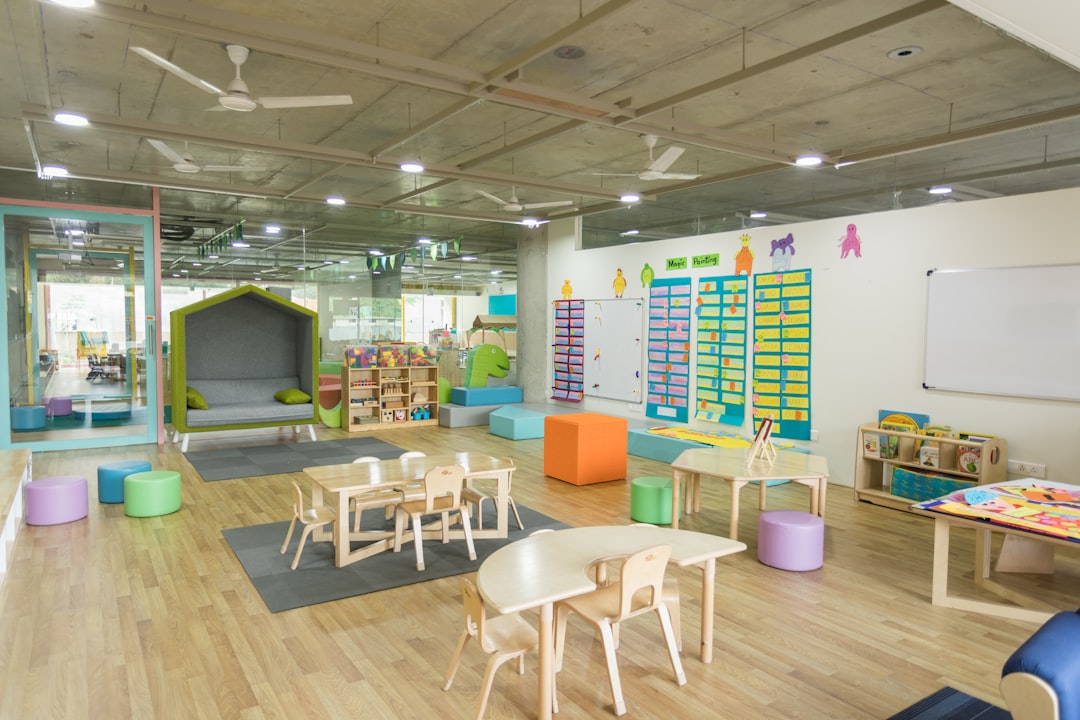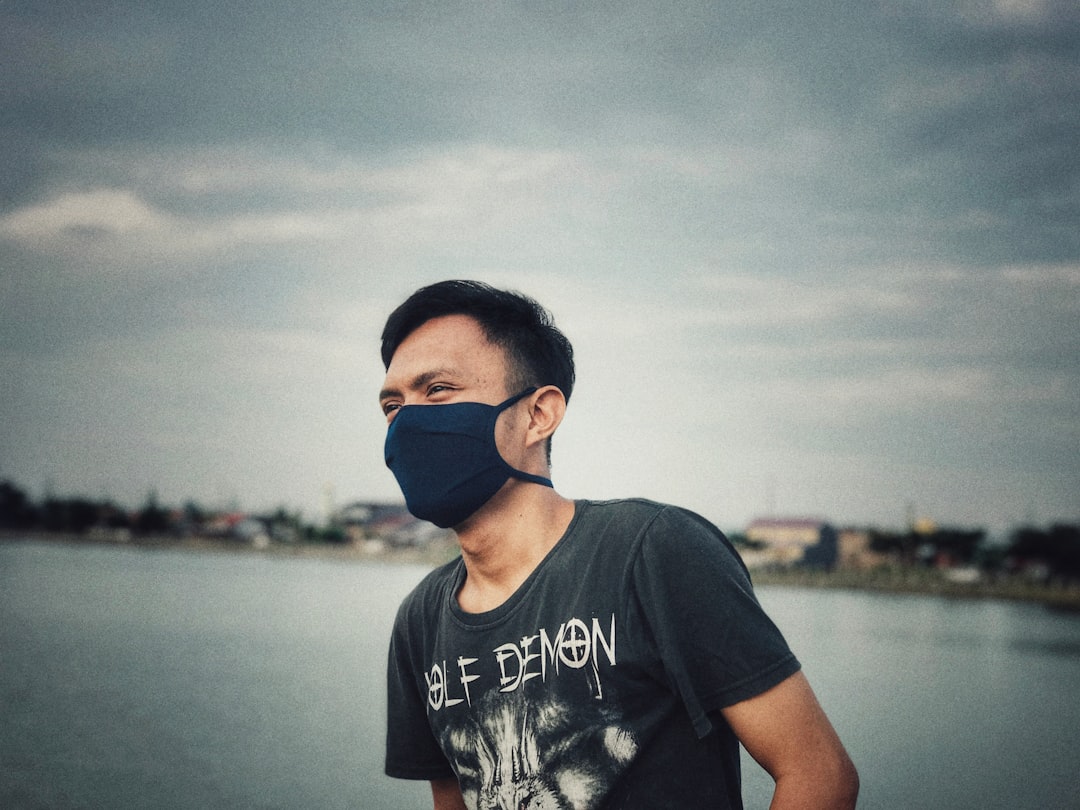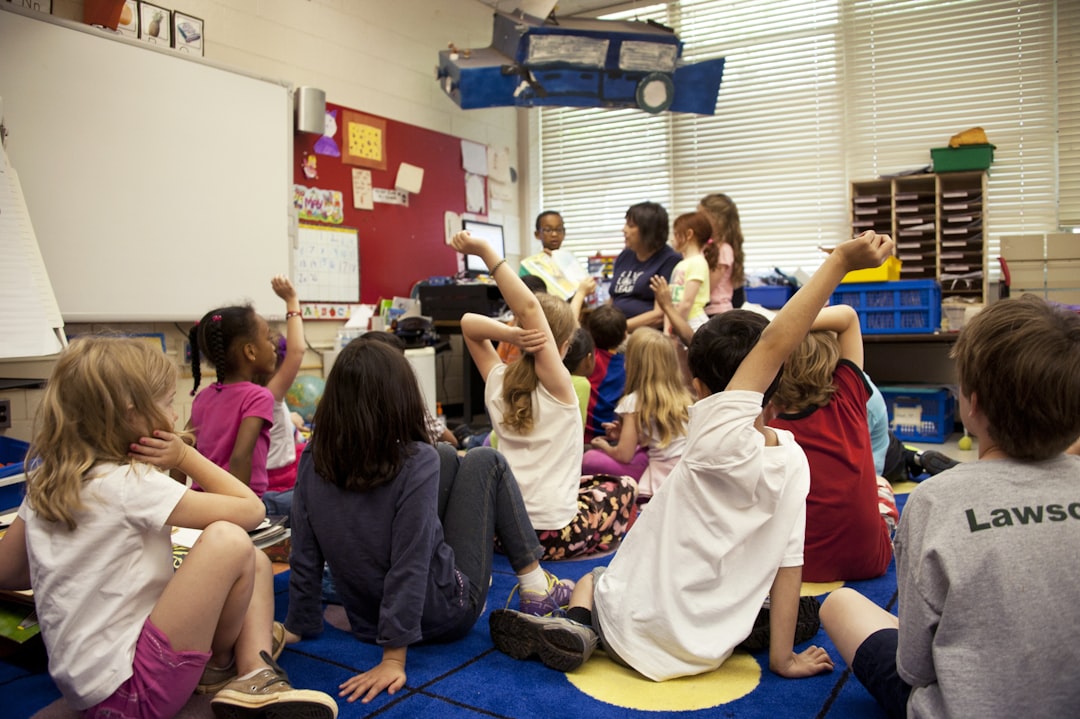San Francisco's daycare abuse cases prompt calls for stricter regulations and enhanced oversight. Parents, armed with knowledge of daycare abuse attorneys in CA, are holding caregivers accountable. This collective action advocates for improved training, monitoring, and regulation to prevent future abuse. Key steps include identifying red flags, educating parents, legal recourse through daycare abuse attorneys San Francisco CA, community engagement, policy advocacy, and regular law updates.
In San Francisco, ensuring safe and quality childcare is paramount. However, understanding the city’s complex landscape of daycare regulations and recognizing potential risks can be challenging for parents. This article explores crucial steps towards advocating for better oversight. We delve into recent daycare abuse cases in San Francisco, examine current regulations, teach readers to identify red flags, and outline legal rights and resources. Additionally, we provide effective strategies for parents to push for change and protect their children from potential dangers, with a focus on the role of daycare abuse attorneys in CA.
Understanding Daycare Abuse Cases in San Francisco

Daycare abuse cases in San Francisco have garnered significant attention, highlighting the need for stricter regulations and oversight. According to reports, instances of physical, emotional, and sexual abuse within the city’s daycare centers have left many families devastated. These incidents often involve caregivers who, despite background checks, exhibit inappropriate behavior towards children under their care. The prevalence of such cases underscores the importance of robust legal protections and proactive measures to ensure child safety.
San Francisco residents, armed with knowledge about daycare abuse attorneys in CA, are increasingly taking a stand against these atrocities. By seeking legal counsel, families can hold negligent caregivers and facilities accountable while advocating for change. This collective action pushes for the implementation of more stringent regulations, increased training requirements, and better monitoring systems to prevent future occurrences of daycare abuse.
The Current State of Daycare Regulations: A Look

The current state of daycare regulations in San Francisco, CA, paints a concerning picture. Despite numerous efforts to protect young children, loopholes and inadequate oversight persist, leaving many daycares unregulated and potentially unsafe. This is especially worrying given the city’s high population density and bustling community, where countless families rely on childcare services.
San Francisco’s current framework allows for vast disparities in daycare standards, with some facilities operating with minimal supervision. This inconsistency has led to instances of suspected abuse and neglect, prompting concerned parents and childcare advocates to push for stricter regulations. Daycare abuse attorneys in San Francisco have been at the forefront of these efforts, raising awareness about the need for more robust protections for children within the city’s daycare centers.
Identifying Red Flags and Risks for Children

Identifying red flags and risks is a crucial step in advocating for better childcare regulations. Parents and guardians must be vigilant in recognizing potential hazards in daycare settings, as early detection can prevent severe consequences. Some signs to watch out for include unexplained injuries, inconsistencies in care, or unusual behavior changes in children. These could indicate physical abuse, emotional neglect, or exposure to inappropriate content. Daycare abuse attorneys in San Francisco CA emphasize that awareness and reporting are key; any suspicious activity should be reported to relevant authorities promptly.
Risks can also stem from staffing shortages, inadequate adult-to-child ratios, or a lack of proper training for caregivers. These issues may lead to increased chances of maltreatment or failure to meet children’s basic needs. By staying informed and educated about these risks, parents can better protect their children and push for stricter regulations that prioritize the safety and well-being of all young attendees.
Legal Rights and Resources for Parents

Parents in San Francisco, CA, have legal rights when it comes to childcare and must be aware of their options if they suspect any form of daycare abuse or neglect. If you believe your child has been harmed due to inadequate care, it’s crucial to reach out to experienced daycare abuse attorneys who can guide you through the legal process. These professionals will help you understand your rights and navigate the system to ensure justice for your child.
They can provide resources and support, explaining state laws and regulations related to childcare standards. This includes investigating complaints, seeking compensation for any losses incurred, and advocating for stronger daycare regulations in San Francisco. With their expertise, parents can protect their children’s well-being and contribute to creating a safer environment by holding negligent facilities accountable through legal action.
Strategies to Push for Change and Better Oversight

To push for change and better oversight in San Francisco’s daycare centers, start by organizing community meetings and workshops to educate parents and caregivers about existing issues like daycare abuse and neglect. Collaborate with local advocacy groups and daycare providers to draft proposals for stricter regulations, including regular inspections and enhanced training requirements. Utilize social media platforms to spread awareness and gain support from concerned citizens.
Engage with city council members and relevant stakeholders by scheduling meetings and presenting well-researched petitions. Consider legal actions by consulting daycare abuse attorneys in San Francisco CA who can guide you on suing negligent facilities or advocating for policy changes at the state level. Regularly reviewing and updating local laws to align with best practices in childcare safety is crucial, ensuring a proactive approach to preventing potential abuses.






